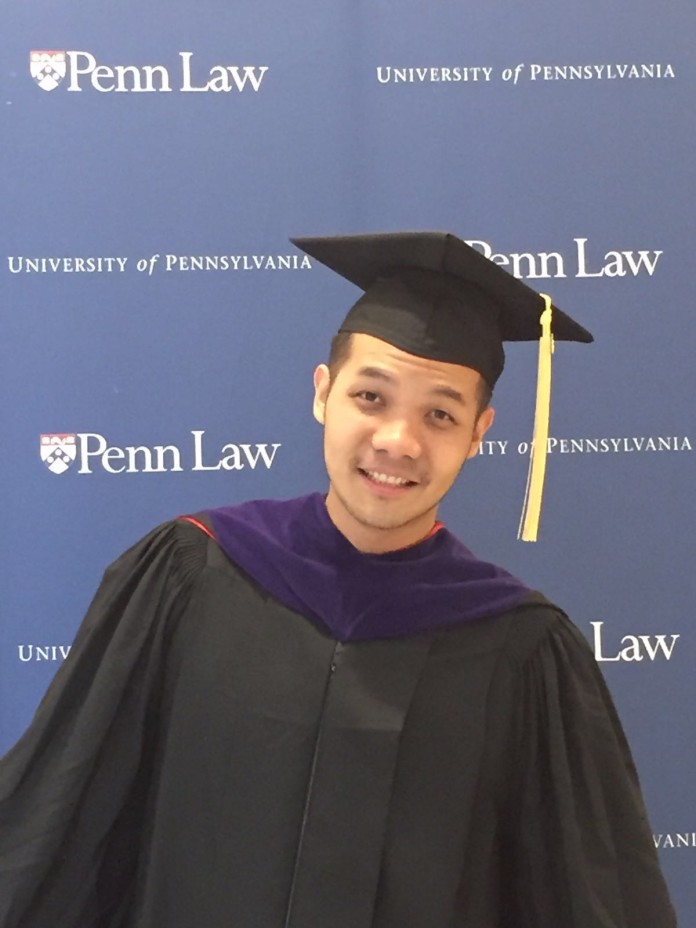Whether or not to pursue a master’s degree right after graduating is an age-old question. While on one hand, seeking a master’s degree might beef up your resume, on the other hand, it may be good to gain some real-work experience first. In this article, our contributor Steffen Hadi weighs in on this question.
Education is indeed an investment for your future. But do employers really appreciate master’s degrees? Do I need to take it immediately after finishing my bachelor’s degree? How do people value a master’s degree compared to experience? These questions are classic questions, but the answers to these questions change consistently following the trend and market development.
I got my bachelor’s degree. What’s next? Work first. That’s the sole answer. You need to know that a master’s degree is all about specialization. A master’s degree enhances your knowledge in a specific field, so I would recommend pursuing a master’s degree if you wish to use the newfound knowledge in your future endeavors. When you pursue a master’s degree, you are assumed to have the basic skill set required for that course.
When you pursue a master’s degree without working first, it limits your choice in the future. A master’s degree is a choice of specialized courses. By choosing one of them, you are limiting yourself to that specific field. For instance, if you have an agriculture background from your bachelor’s degree, and you take a master’s degree on genetically modified foods, it’s like saying, “I like this specific field, and I wish to be further involved in this field both academically and professionally.” If it turns out to be the real field that you are passionate about, that’s perfect. This is not necessarily true for most master’s degree graduates though, because many of them who choose to pursue their master’s degree without prior working experiences end up trying to change fields. This is normal, because these students have never been involved in the real working environment of that industry, so they wouldn’t know what it’s like in the first place.
In addition, by pursuing a master’s degree right after your bachelor’s degree, you are missing the chance of giving yourself more context. In master’s degree classes, many real-life sample cases will be brought to you, and it will be much easier for you to understand these cases if you have the context. You get the context from working in real life situations, dealing with real cases, and understanding the real problems. By missing these chances, you will be asking a lot of questions such as, “What? I have never heard of that!” “Has that happened in real life?” “What does this term mean?” Unless you’re really itching to pursue a master’s degree right after graduating from undergraduate studies, I’d recommend not to. Give yourself some real work experiences, and bring yourself to a specific interest that you like and many employers need.
But, I will be less competitive if my CV does not have a master’s degree on it, right?
Believe me, if you are a fresh graduate, no one will expect you to have a master’s degree. Instead, many employers like fresh graduates because they can be shaped into someone that the employer and industry needs. The advantage of being a fresh graduate is that you do not need many achievements and title on your CV. With the right bachelor’s degree and good grades, you are good to go. Your employer will eagerly educate, train, and shape you into the person that they feel suitable for the business. In short, you are like soft clay in a pottery, and that is good.
On the other hand, by taking a master’s degree, the soft clay that the employer expects has been crystalized a bit, and it would be difficult to reshape it again. For instance, employers in the banking industry will be fine in accepting fresh graduates from any major, but if you take a master degree in private equity, then they will consider the market needs for private equity professional and the employers will also consider you along with other experienced experts in private equity as well.
Last but not least, I would like to remind you that life is not just about studying. After three or four years studying for a bachelor’s degree, it is normal to change the environment a bit and enter into work life. Have fun, explore your interests and passions, and enjoy your very own well-earned salary. After a couple of years, if you feel you need a refreshment in life due to the boredom of office work, then a master’s degree can be your rest and relaxation. Have a holiday for a year or two under the cloak of studying (I am just kidding about this!), and ready yourself for another challenge in real life work afterward.
In my case, after completing my bachelor’s degree, I worked for about five years. I decided to pursue a master’s degree after ensuring myself about the specialized legal skill that I wish to pursue, by taking into account the clients need and my own interest.
So, just take it easy, guys.
Photos are provided by the author.









